- Your cart is empty
- Continue Shopping

The Creative Imagination of the Sufi Mystic, Ibn ‘Arabi | Fredrica R. Halligan
Free!
Add to cartThe Creative Imagination of the Sufi Mystic, Ibn ‘Arabi | Fredrica R. Halligan
FeaturedFree!
The Creative Imagination of the Sufi Mystic, Ibn ‘Arabi
Author(s): Fredrica R. Halligan
Source: Journal of Religion and Health, Vol. 40, No. 2 (Summer, 2001), pp. 275-287
Published by: Springer
Ibn ‘Arabi, the esteemed mystic of the 12th-13th century and recognized as “the Greatest Master” among Sufis, offers profound insights into dreams, visions, and prophetic processes. This paper aims to shed light on the relevance of Ibn ‘Arabi’s revelations for our contemporary secular age, drawing parallels with the findings of Carl Jung. While Jung’s exploration into the Active Imagination delves into conscious processes, Ibn ‘Arabi’s mysticism goes further, exploring the realms of the willed and autonomous within the spontaneous and surrendering aspects of the mystical journey.
This comparative analysis examines the intersections and distinctions between Jung and Ibn ‘Arabi, particularly in their approaches to conscious surrender, annihilation in the Divine, and the role of the Active Imagination. Ibn ‘Arabi’s mysticism involves willingly and autonomously surrendering to receive theophanies, leading to perpetual awareness of the Divine Presence. The ultimate goal for the mystic, as elucidated by Ibn ‘Arabi, is union with the Divine, and this paper provides a detailed account of the experiential aspects of such a life.
Downloadable pdf file |

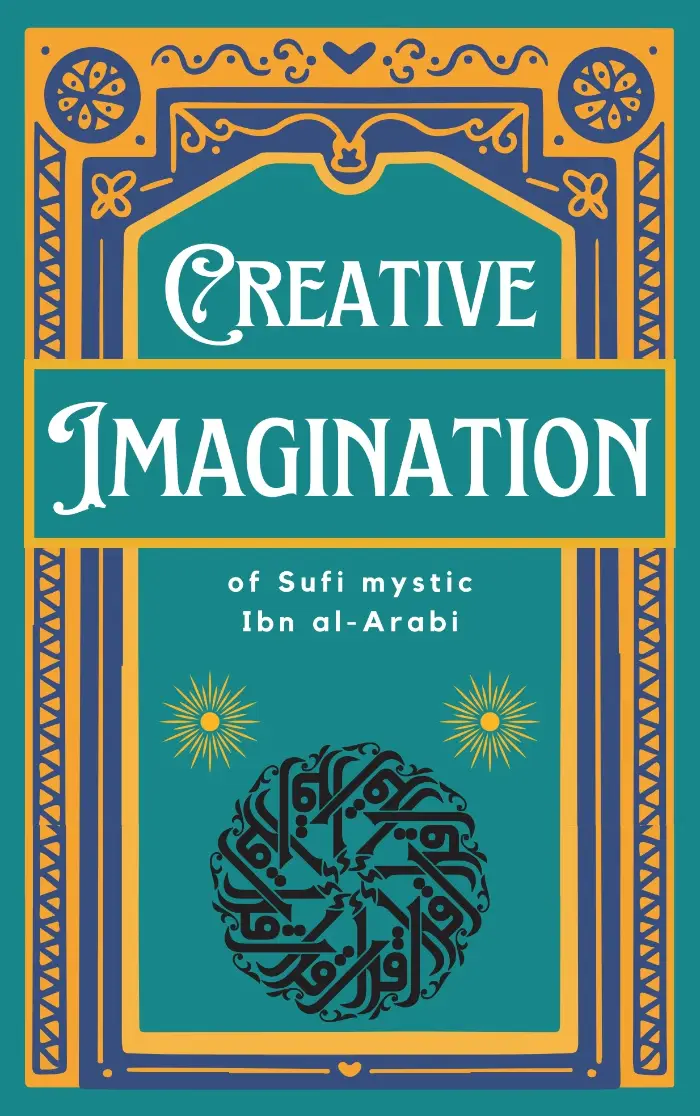

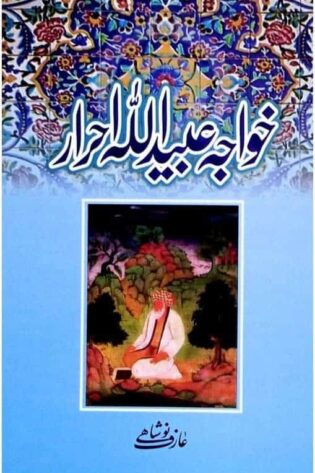
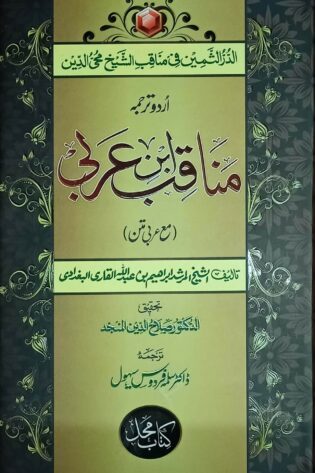
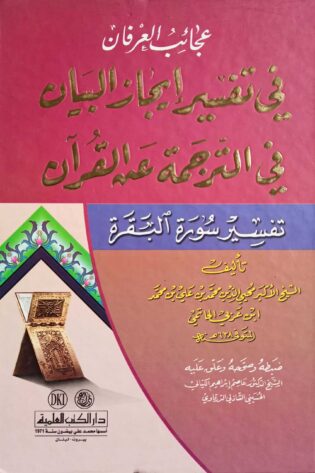

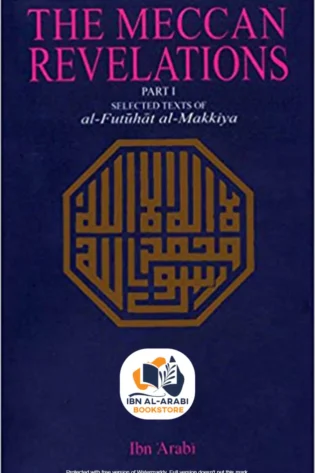

Reviews
There are no reviews yet.